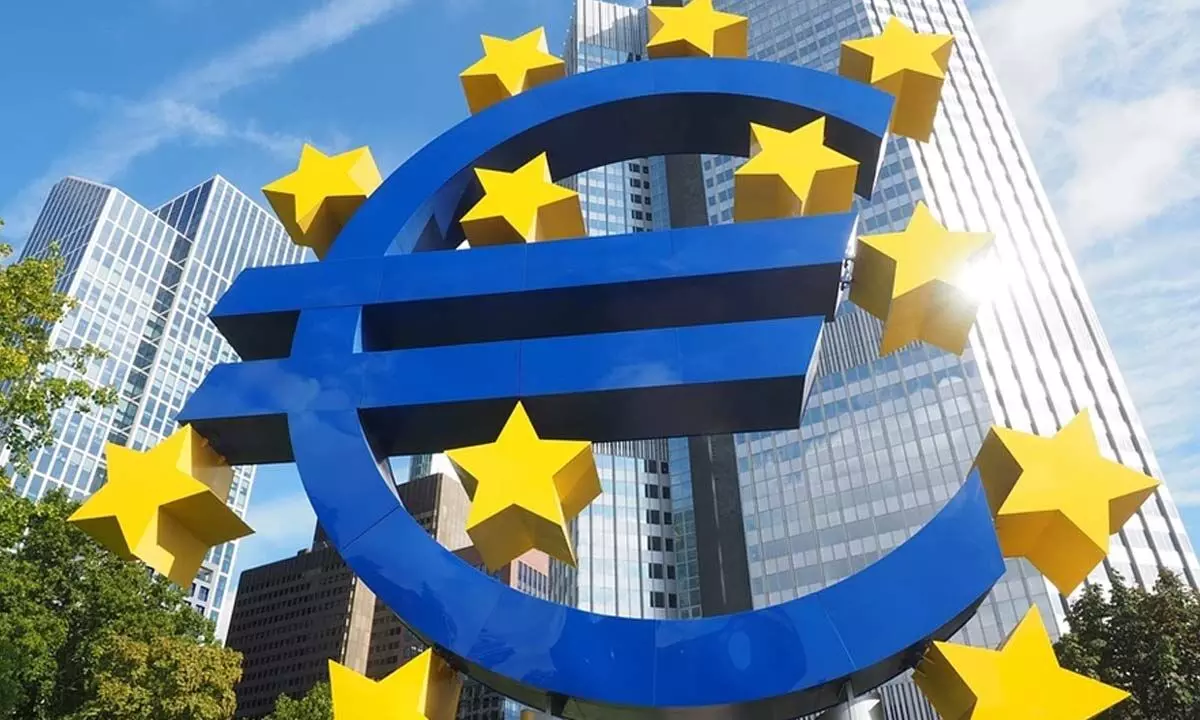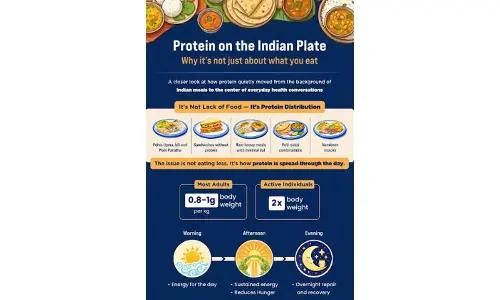Euro zone bond yields flat before all-star central bank panel
Share :

Representational image
Preliminary Italian inflation data for June is also on the calendar and could give investors a steer ahead of the release of the euro zone-wide number on Friday. Italy's 10-year bond yield was unchanged at 4.002% on Wednesday after climbing 5 bps the previous day.
Euro zone government bond yields were little changed on Wednesday as investors awaited comments from the heads of the world's biggest central banks, and Italian inflation data.
Germany's 10-year bond yield, the benchmark for the bloc, was flat at 2.362%. It rose 7 basis points (bps) on Tuesday when strong U.S. economic data caused investors to increase their bets on a Federal Reserve interest rate hike next month.
On Wednesday a 1330 GMT session at the European Central Bank's annual forum in Portugal will see ECB President Christine Lagarde, Fed Chair Jerome Powell, Bank of England Governor Andrew Bailey and Bank of Japan Governor Kazuo Ueda discuss monetary policy. Preliminary Italian inflation data for June is also on the calendar and could give investors a steer ahead of the release of the euro zone-wide number on Friday.
Italy's 10-year bond yield was unchanged at 4.002% on Wednesday after climbing 5 bps the previous day. Peter Schaffrik, chief European macro strategist at RBC Capital Markets, said Friday's euro zone core inflation number was the key data point this week. It reflects underlying price pressures.
Economists polled by Reuters expect it to climb to 5.5% year-on-year in June from 5.3% in May. "We think it could even be 5.7%," Schaffrik said. "That's probably the most pertinent question."
Germany's two-year bond yield, which is highly sensitive to interest rate expectations, was down 2 bps at 3.218% after jumping 9 bps on Tuesday. Traders who bet on the path of interest rates expect ECB borrowing costs to peak at just below 4% in December.
For some analysts and investors, interest rates at 4% are likely to cause growth to slow sharply, if not cause an outright recession. The German yield curve - the gap between the 10-year and 2-year bond yields - was at its deepest inversion since 1992 on Tuesday at -89 bps, in a sign that traders think the ECB will likely have to cut rates to deal with slowing growth in the not too distant future. It stood at -86 bps on Tuesday.









